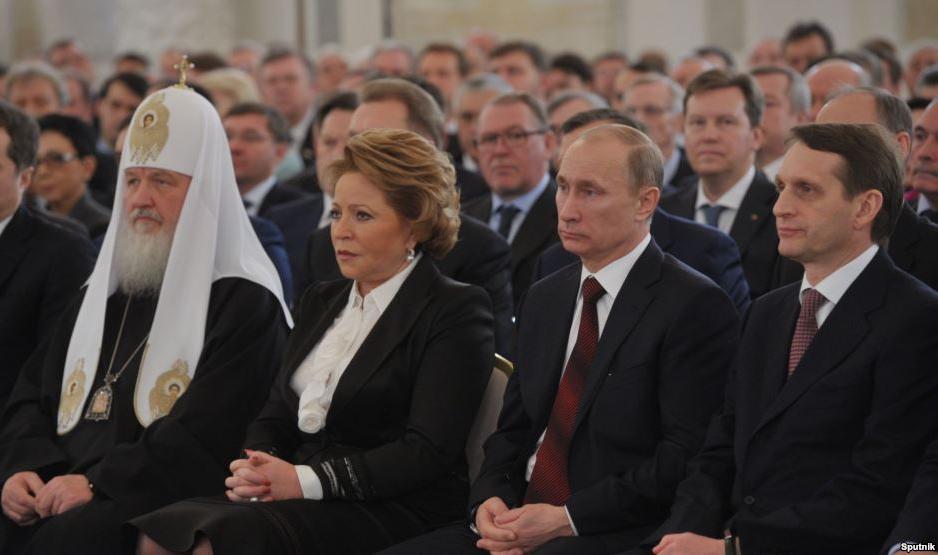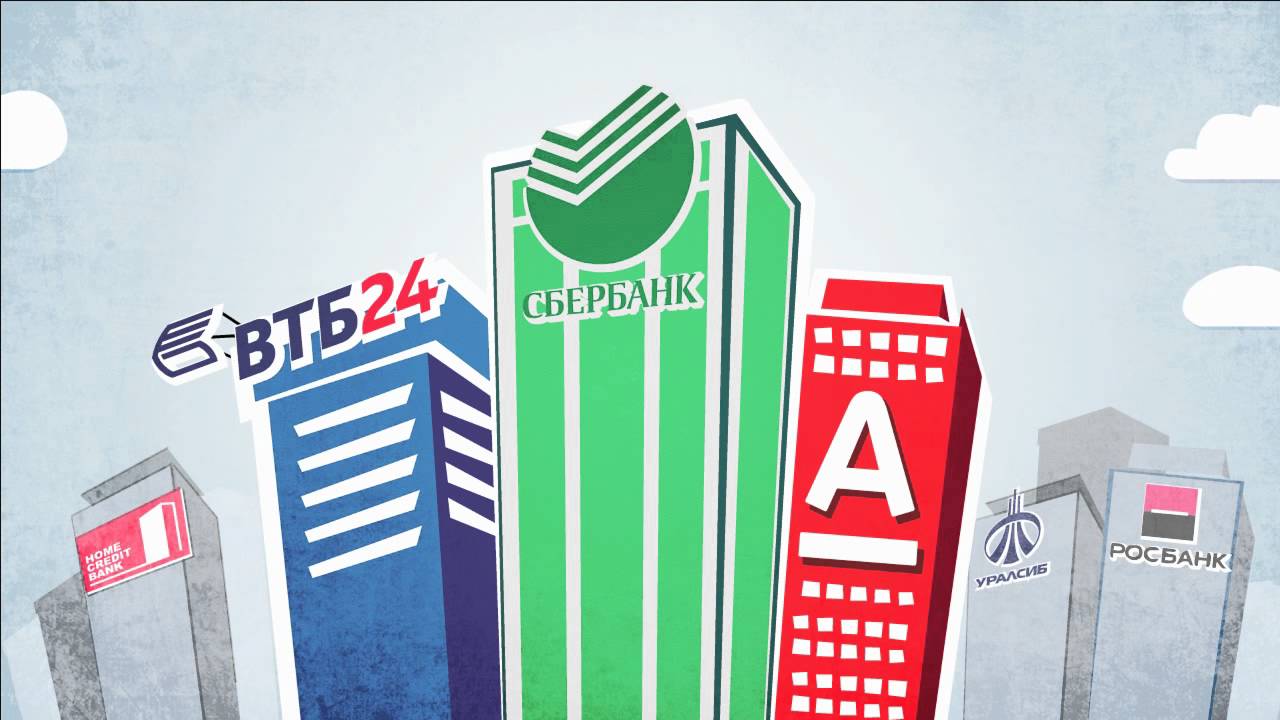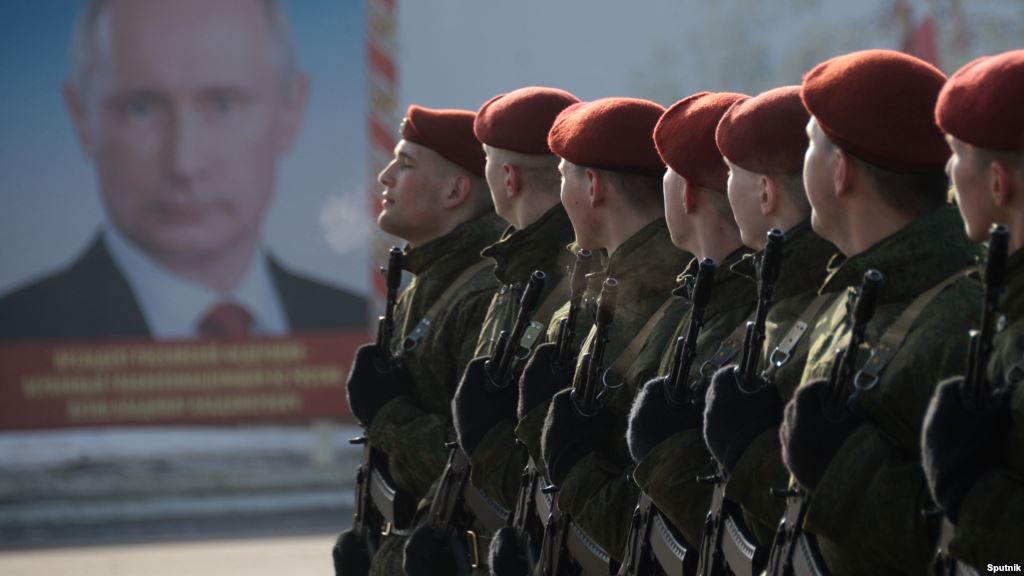In ever more sectors, Vladimir Putin has dropped all pretense that he is acting with the support of the Russian people and has moved instead to institute what can only be called the rules of a state of emergency on ever more sectors of Russian life, according to Rosbalt commentator Sergey Shelin.
The clearest evidence of this, he says, is to be found in Putin’s latest decree (kremlin.ru
) banning demonstrations for 1.5 months in 2017 during the Confederation Cup matches and for two months in 2018 during the FIFA World Cup.
“If you don’t like the words ‘state of emergency,’” Shelin says, “you can call this something else,” but “that doesn’t change the essence” of what the Kremlin leader is doing.
According to the Rosbalt commentator, “the threat of terrorism” which Putin is using to justify his actions “constantly exists … but if the powers that be consider the Confederation Cup
a sufficiently weighty occasion to introduce a 1.5 month long special situation, then they will not find the least difficulty” in doing the same in the future for almost anything else.
Russia does not have “a state of emergency as a single system of administration at present, but ever more frequently we encounter states of emergency in separate parts of life;” and thus almost unnoticed, they are spreading from one segment to another and the threat they pose needs to be recognized.
The case of the blogger Sokolovsky shows just how far this spread has gone because a state of emergency, unlike ideological pressure or administrative manipulations that the Kremlin has used before, “no longer pretends on the approval of those it controls” or involves any “ritual of consultation with society” as do elections and permitted demonstrations.
The suspended sentence handed out to Sokolovsky, Shelin says, is in fact a real one in that he has already promised to stop acting in ways that might bring him back into court and land him in prison. But more important, this action by the authorities is not widely supported by the population: it didn’t occur to meet any popular demand.
The decision is deeply unpopular, Shelin says, but “the state machine has waved away its customary game of agreement with the people. They don’t agree – that’s OK. Let them get angry as long as they obey. Precisely this is the logic of a state of emergency” in the minds of the rulers.
And “this logic,” he continues, “ever more frequently dominates the situation.” For example, when Mikhail Khodorkovsky said he wanted his demonstrators to leave appeals at Putin’s office, a practice guaranteed in law and tradition, the powers that be simply blocked the way – and they didn’t lift that restriction after his protest passed.
“In place of former rituals of exchange between the authorities and the subjects” that were full of hypocrisy but nonetheless observed, the Putin regime has shifted to using “simple force” without any ceremony whatsoever. “Ever more often an individual can be seized and punished simply because he is at hand.”
At present, there isn’t a full-blown state of emergency in Russia. But things are definitely moving in that direction, Shelin says; and the experiences of other regimes that have taken this step does not bode well for the future of the country and its residents.
Related:
- ‘3 million people fled from Russia-occupied Donbas’ and other neglected Russian stories
- Russia’s truckers win biggest victory yet: Daghestan to press for repeal of Plato System
- Three years after sham referendums in Donbas, no Russian Spring
- Russia’s ideology is ‘traditional great powerness cleansed of communism,’ Pavlova says
- SERB: The adventures of Ukrainian separatists in Russia
- How Kremlin propaganda made the EU an enemy in the eyes of Russia
- Russia’s exported “Immortal Regiment” marches accused of being part of hybrid war against Ukraine





